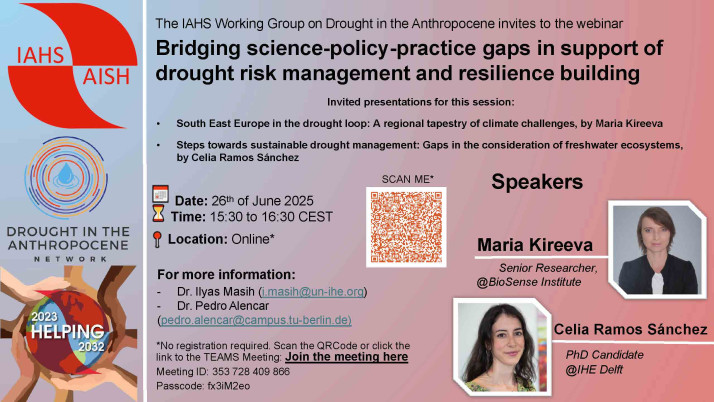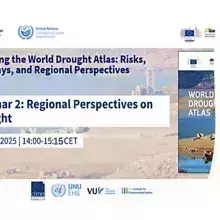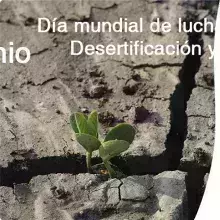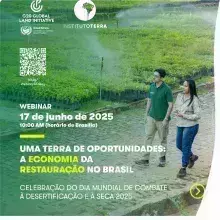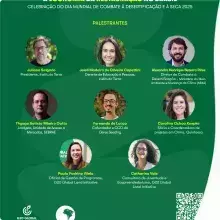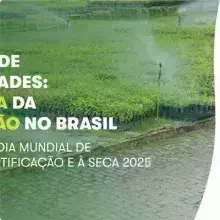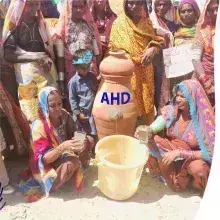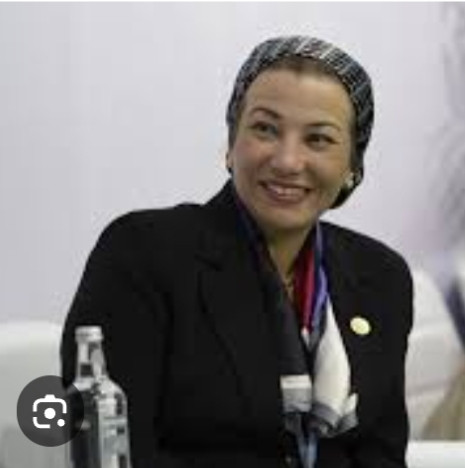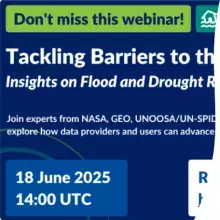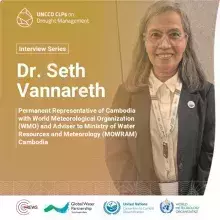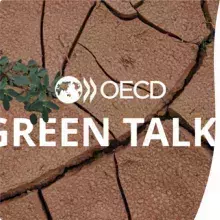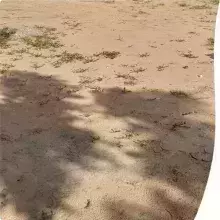Full press see the website of IWMI: https://www.iwmi.org/news/iwmi-to-host-secretariat-of-the-global-commis…
IWMI hosts Secretariat of the Global Commission on the Economics of Water
The Global Commission on the Economics of Water announced today that the International Water Management Institute (IWMI) will serve as the host institution for its Secretariat. In this role, IWMI will support coordination, administration, communications, and outreach functions, as the Global Commission disseminates findings of its 2024 report and works with coalitions around the world to implement its recommendations.
The Global Commission will maintain its independent status while leveraging IWMI’s research and international presence, partnerships and innovation capabilities. The Secretariat will be operational at IWMI’s global headquarters in Colombo, Sri Lanka, effective February 24, 2025.
“We commend and thank the Government of the Netherlands for convening the Global Commission on the Economics of Water in 2022 and continuing to support us well into 2025. We thank the Organisation for Economic Co-operation and Development (OECD) for providing secretariat support up to the launch of our groundbreaking report in October last year,” expressed Henk Ovink, Executive Director of the Global Commission. “Now that the Commission’s messages resonate across the globe, we have entered the stage where we seek to make our vision a reality. We’re convinced that with IWMI, the Commission’s legacy is in good hands. IWMI will enable the Global Commission to deepen the debate on our findings with relevant actors, strengthen an enabling environment to act, and forge partnerships to build an economy that delivers on the five critical missions the Commission identified, while re-stabilizing the global water cycle within safe boundaries.”
“IWMI is honored to support the next stage of the Global Commission’s vital work and contribute to its five missions,” said Mark Smith, Director General of IWMI. “We are committed to supporting its efforts to address critical water challenges and transformation in food systems, ecosystems, urban systems, renewable energy and AI, and health and hygiene.”
In its 2024 report, the Global Commission reminds the international community that we can fix the water crisis if we govern the hydrological cycle as a global common good, act collectively, and with greater urgency. Not doing so will come at staggering cost of inaction: by 2050, GDP could reduce by 10–15% per year in low-income countries and by 8% per year in high-income countries.
Launched in 2022, the Global Commission on the Economics of Water is redefining the way we value and govern water for the common good. It presents the evidence and the pathways for changes in policy, business approaches and global collaboration to support rebalancing the water cycle for economic resilience, environmental sustainability, and social equity.
—–
About the Global Commission on the Economics of Water:
The Global Commission on the Economics of Water is an international initiative convened by the Government of the Netherlands in the lead-up to the UN 2023 Water Conference. Its report, The Economics of Water: Valuing the Hydrological Cycle as a Global Common Good, is inspired by, and builds on, the game-changing Stern Review on the Economics of Climate Change and the Dasgupta Review on the Economics of Biodiversity. The Global Commission is executed by an independent and diverse group of eminent policymakers and researchers in fields that bring novel perspectives to water economics, aligning the planetary economy with sustainable water-resource management. Its purpose is to make a significant and ambitious contribution to the global effort to spur change in the way societies govern, use, and value water.
About IWMI:
The International Water Management Institute (IWMI) is an international, research-for-development organization that works with governments, civil society and the private sector to solve water problems in developing countries and scale up solutions. Through partnership, IWMI combines research on the sustainable use of water and land resources, knowledge services and products with capacity strengthening, dialogue and policy analysis to support implementation of water management solutions for agriculture, ecosystems, climate change and inclusive economic growth. Headquartered in Colombo, Sri Lanka, IWMI is a CGIAR Research Center with offices in 15 countries and a global network of scientists operating in more than 55 countries.
Note to editors
For more information, please visit www.watercommission.org.
To arrange interviews, please contact the media team of the Global Commission on the Economics of Water and Rodrigo Ordóñez, Head of Communications & Knowledge Management, IWMI.
